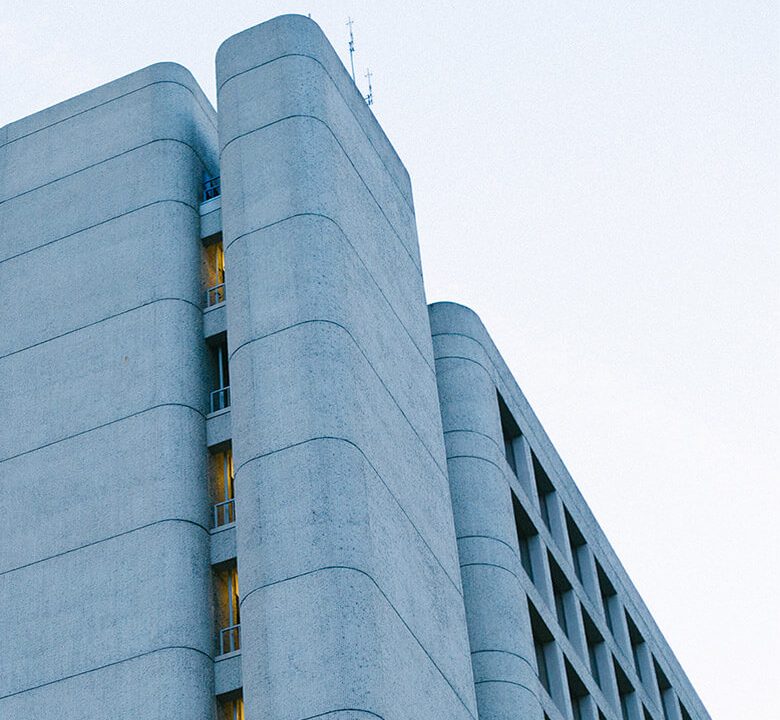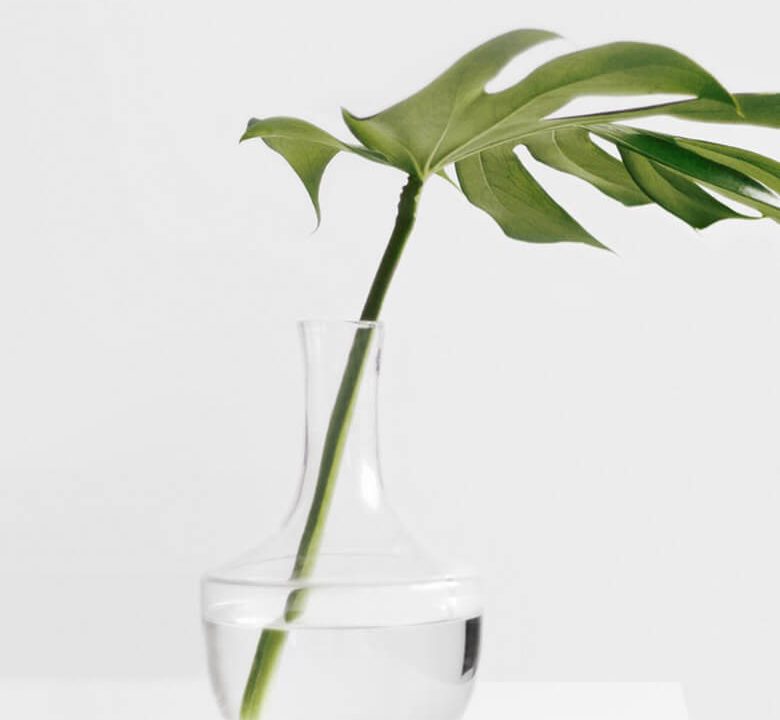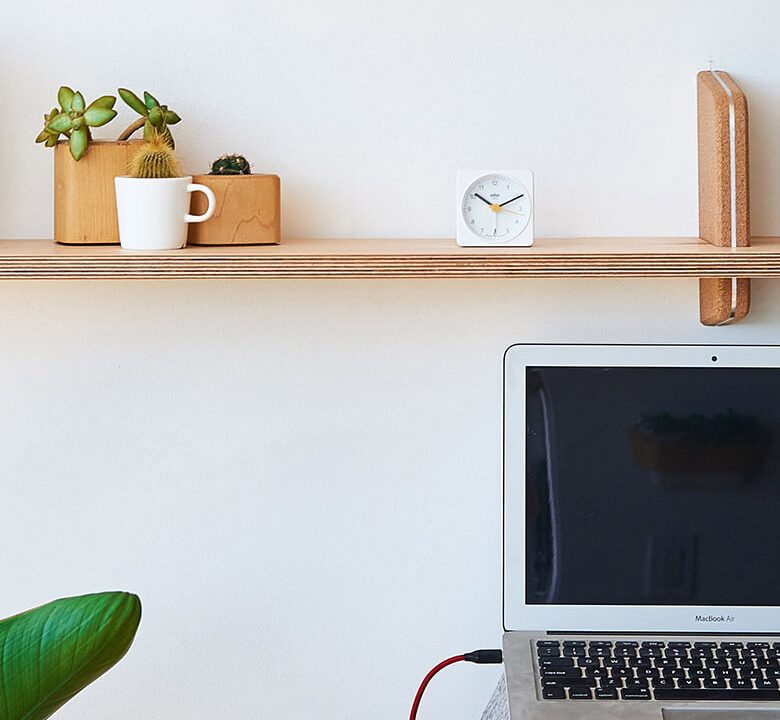It was such a hot, sizzling day!
However the participants had so much fun, as always, being able to visit the infamous Borobudur Temple! Everyone took many pictures and also learned about the history of the temple from the tour guide.
The closing dinner was the last agenda of AYSPP. It was such a sad night indeed, everyone was sharing the good times they had during the event. There was also awarding session and impromptu after party session!
See you soon, participants! We had such a good time together, many memories were made for the past two weeks.
Hari ini adalah hari yang sangat panas!
Namun para peserta sangat senang, seperti biasanya, karena mereka berkesempatan untuk mengunjungi Candi Borobudur yang sangat terkenal. Semua orang mengambil banyak gambar dan juga belajar tentang sejarah candi dari pemandu wisata.
Closing dinner adalah agenda terakhir AYSPP. Malam itu sungguh menyedihkan, semua orang berbagi saat-saat menyenangkan yang mereka alami selama acara AYSPP berlangsung. Ada juga sesi pemberian hadiah, seperti hadiah untuk peserta yang paling aktif, cantik, dan lain-lain.
Sampai jumpa, peserta! Kita bersenang-senang bersama, banyak kenangan yang dibuat selama dua minggu terakhir.






